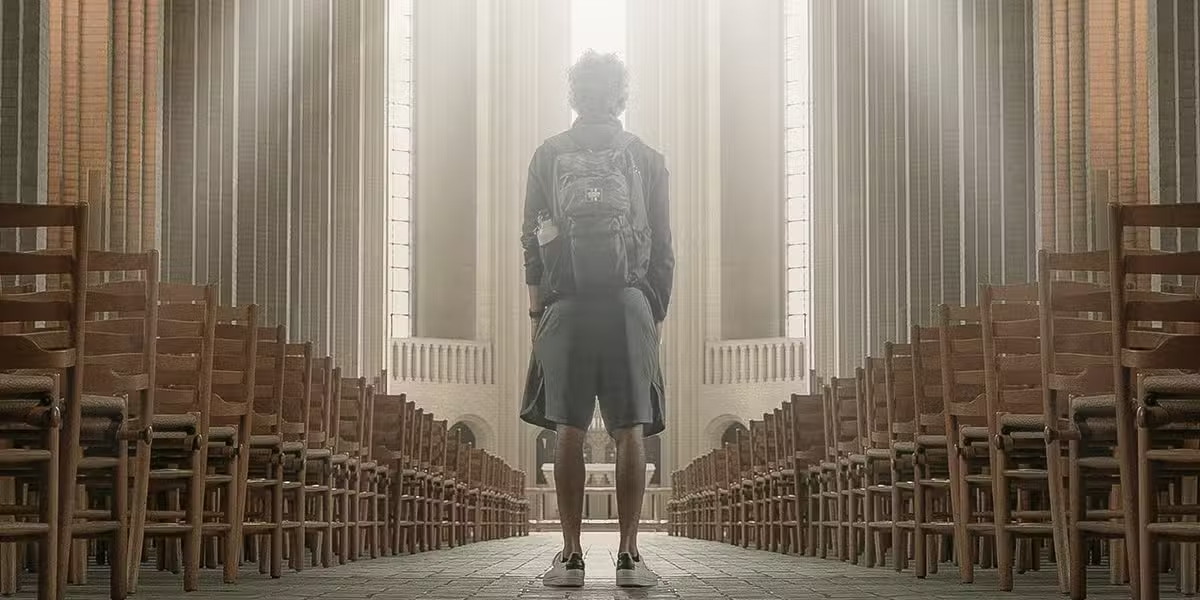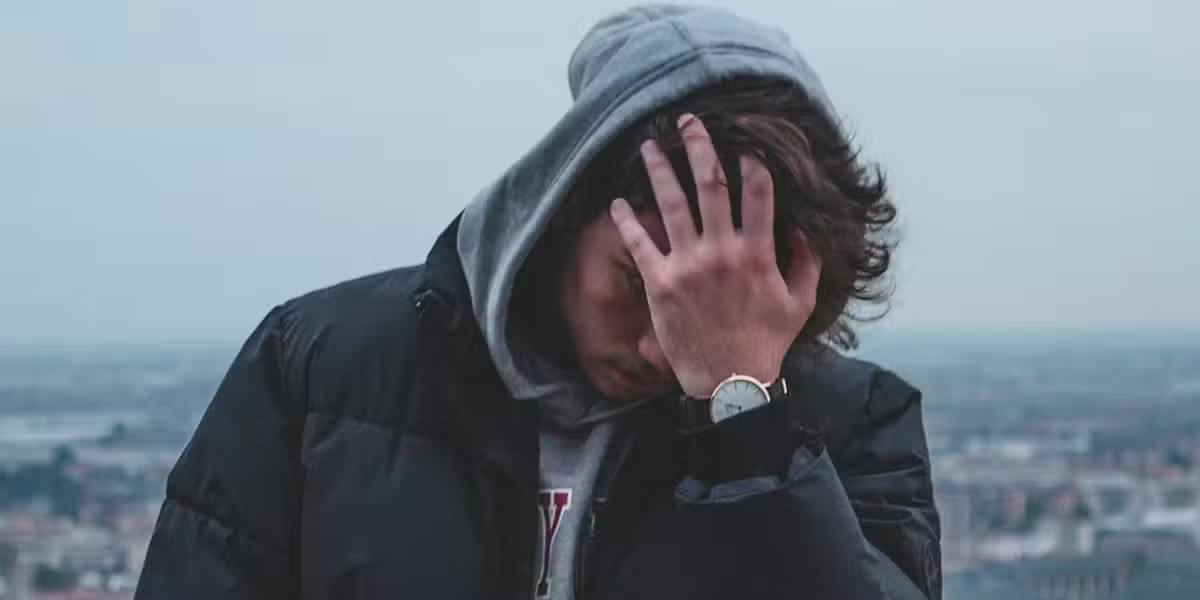Next to abortion, immigration is probably the most divisive issue in our country. As Christians, we find ourselves torn between protecting our borders, upholding the laws, and caring for and welcoming refugees. The COVID-19 pandemic, which picked up steam in this country last March, added a deeper level of complexity to the immigration discussion.
We often hear people comment that they have no problem with immigration if folks would just come legally. Priests are often criticized for talking about welcoming the stranger in their homilies. They are told that they shouldn’t be talking about political issues at Mass. We debate and argue, accuse and demonize each other. Through it all, we lose sight of the human face of immigration.
Firsthand Experience
I recently had the opportunity to spend some time at the US-Mexico border. I stayed with a group of faith leaders from across the country at Holy Cross, a Franciscan retreat center in Las Cruces, New Mexico. We experienced the human face of immigration.
At the border, we could reach through the fence to touch hands with and listen to the stories of mothers and their children escaping from violence and rape in their home villages. We met at a church with folks who are trying to help the refugees. We heard a story from one of the workers about a case she was involved with.
A woman from Guatemala, afraid for herself and her daughter, was trying to seek refuge in the United States. She told the worker that if she returned, both she and her daughter would be raped. In fact, she herself had experienced sexual assault. When her hearing came, she was denied asylum and returned to her country. A few weeks later the worker heard that she had been raped and murdered. How much of her blood is on our hands?
We went to court to witness hearings for those recently arrested for trying to enter the United States. They were marched in with handcuffs and ankle chains like hardened criminals. When the judge told them, one by one, to raise their right hands even though they were shackled, I was reminded of pictures I have seen of slaves shackled and chained as they were sold in slave auctions. I was particularly moved by one young woman who had been separated from her two young children. She wanted to know where her children were, but the court could not tell her anything.
A Personal History of Immigration
I am the son of immigrants. My parents came to America in 1950. They landed on Ellis Island with nothing—no money, no education, no real job skills—just a dream that their children could have a better life. My mother would often tell the story of getting off the boat with one baby in her arms and another on the way. When I saw the woman in court asking about her children, I thought of my mother. What would have happened when she got off the boat if the authorities took my brother away from her? I sat in the courtroom with tears in my eyes, thinking about their circumstances.
My parents went on to have six children. Two of their children went on to get PhDs. One served in the Navy during the Vietnam War. One became a cardiac nurse and helped thousands of patients recover from heart attacks; another was a schoolteacher and principal. My parents had 19 grandchildren, four of whom were adopted. One of their grandchildren served two tours in Afghanistan; another did a tour in Iraq and Korea. When my simple, humble mother died, there was a line several blocks long of relatives, friends, and neighbors coming to pay their respects.
I often think about what would have happened if, at the border, they told her she was not welcome, separated her from my brother, or saw that she was pregnant and sent her back immediately. This would have been the case under the recently enacted Trump policy that prevents any woman who might be pregnant from entering the United States.
God’s Law Supersedes Human Law
It’s easy for us to sit back in our space of comfort and say these people are breaking the law. It’s easy to demonize and unjustly classify them as rapists and murderers. It comes naturally when we view people different from us as other, not sister and brother. We can believe immigration is a political issue for politicians to solve. We can hide behind the law without ever seeing the face of God in the refugee or seeing the suffering Jesus in the eyes of a woman whose children are torn from her.
Pope Francis encourages us “to overcome indifference and to counter fears with a generous approach of welcoming those who knock at our doors” (“A Stranger and You Welcomed Me”). He points out that immigration is not a contemporary phenomenon: “The history of mankind is the history of migrations on every latitude; there is no people that has not known the migratory phenomenon.”
In just the first five books of the Bible, welcoming the stranger is mentioned over 50 times. In Matthew 25:35 Jesus says, “I was a stranger and you welcomed me.” In the story of Cain and Abel, God asks Cain where his brother is. Cain’s response: “I do not know. Am I my brother’s keeper?” We know God’s answer to that. I sometimes think our history is about asking God over and over, “Am I my brother’s keeper?” while hoping that at some point God is going to say, “No, I was only kidding.”
In the middle of the 19th century, slavery was the law of the land. Helping slaves escape was against the law. At that same time, a number of Catholic churches and leaders joined with their evangelical, Quaker, and Protestant sisters and brothers in offering sanctuary as part of the Underground Railroad. These fearless people were not blindly obedient to the law of the land.
In 1928, Adolf Hitler said, “We tolerate no one in our ranks who attacks the idea of Christianity; in fact, our movement is Christian.” But the Holocaust was the law, and helping Jews was against the law. A few years later, a group of young Catholic, Lutheran, and evangelical students formed an underground, nonviolent resistance movement called the White Rose Society. As one of the founders, Sophie Scholl, was being led to her execution, she said, “What does my death matter if, through us, thousands of people are awakened and stirred to action?” St. Thomas Aquinas wrote that “an unjust law is a human law that is not rooted in eternal law and natural law.”
If we truly believe the message of peace and love, and as Jesus taught us, to take up our cross and be one with God, then we need to rewrite our story to one of connectedness, not one of separateness. As people of faith, we must have a story where people are not undocumented immigrants, where families are not separated. Rather, we need a story where we are all brothers and sisters, all part of the one family of God.








